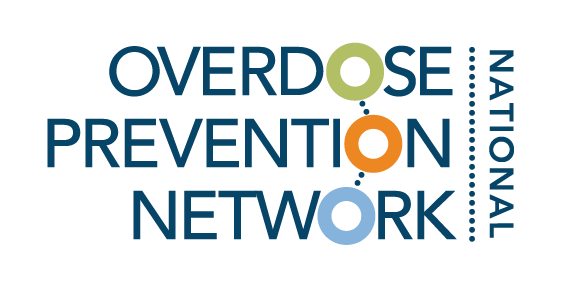David Liners from WISDOM Wisconsin
“COVID has exposed so much of what is rotten. It’s like a storm came in and blew off the roof, and we found the walls were rotten,” says David Liners, director of WISDOM, a grassroots organization in Wisconsin comprised of people from 19 different religious traditions, including Christian, Jewish, Muslim, Buddhist, that’s a leading community advocacy group for criminal justice reform. He believes that right now there’s an awakening around racial and social injustice that didn’t exist before.
Liners, who started his career as a Catholic priest working in Mexican churches on the south side of Chicago, left the priesthood to become a bilingual community organizer for an organization in Milwaukee that started out fighting against hunger and evolved to address other social justice issues. Today he leads WISDOM and its network of 11 local organizations that use civic engagement, education, advocacy and community mobilization to address inequities in jobs and economic development, transit, housing, immigration, and criminal justice and prison reform.
“Organize. Find other people who care about your issue. Become part of a team. Have your team join other teams. You can’t battle for justice by yourself.”
“The vast majority of people in our jails and prisons are there because of addiction, substance use disorders or mental health issues,” says Liners. “It’s so clear that if you have an addiction but are well-to-do and have insurance, you’ll end up in a rehab program. But if you’re poor and black, you’ll end up in prison.”
Liners believes that “having a public health solution to health problems makes more sense than having a punishment solution.” The faith community has an opportunity to be a leader on social justice reform today, but he’s afraid that too many people in the faith community, unlike those working in WISDOM, don’t see themselves as potentially transformational.
“Even before the pandemic, a lot of churches, synagogues and mosques, were losing membership, which put tremendous pressure on faith communities to turn inward, get into survival mode and become risk adverse. The challenge isn’t new. Even in Dr. King’s time only a small minority of Black churches got involved in the civil rights movement. I do think that it’s a gut check for faith communities these days. The question is how will they handle this? Will they make themselves relevant and get involved in the world around them?” asks Liners.
One of the biggest challenges to social change is knowing that real change takes a long time. He says that you have to be in the fight for the long haul. The former community organizer recommends: “Organize. Find other people who care about your issue. Become part of a team. Have your team join other teams. You can’t battle for justice by yourself.”
WISDOM
2821 N. 4th Street
Suite 217
Milwaukee, WI 53212
E-mail: wisdomforjustice@gmail.com
Phone: 414-831-2070




